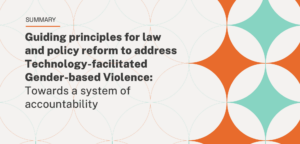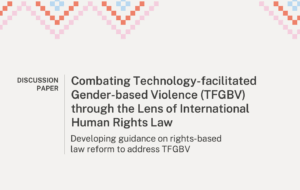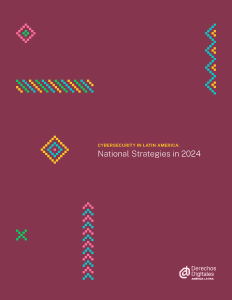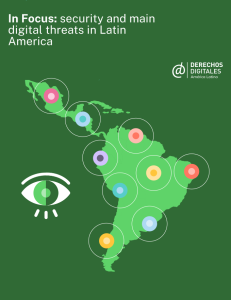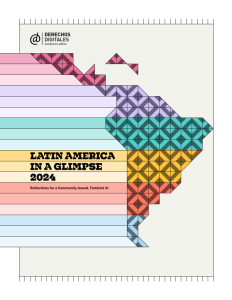Choose language:
Artificial Intelligence, Human Rights And Social Justice: Building futures from Latin America

This report, produced by Derechos Digitales with the support of the International Development Research Centre (IDRC), presents the outcomes of a regional meeting held in Rio de Janeiro that brought together representatives from civil society, academia, and international organizations to discuss the development, governance, and regulation of artificial intelligence (AI) from a human rights and social justice perspective. Drawing on the findings of the Global Index on Responsible AI (GIRAI) and various Latin American experiences, the document identifies key challenges posed by AI, including mass surveillance, disinformation, lack of transparency, the reproduction of inequalities, and the absence of inclusive regulatory frameworks. It also examines the social, environmental, and labor risks linked to the technological infrastructure required for AI systems to function.
The report proposes strategies and opportunities for Latin America to build non-hegemonic, socially transformative alternatives, prioritizing diversity, international cooperation, local knowledge production, and the inclusion of marginalized communities in debates. It calls for regulatory frameworks grounded in human rights, common regional standards, and evaluation methodologies adapted to local contexts. It also underscores the crucial role of civil society and academia in influencing international forums, monitoring the fulfillment of commitments, and promoting technologies that respond to social needs through feminist, intersectional, and decolonial perspectives, ensuring that AI serves the common good rather than deepening existing inequalities.
































